Sponges as Survival Tools: 20 Uses for Sponges
When it comes to prepping for a survival situation, it’s important to have tools that can serve multiple purposes. While some items may seem like they only have one use, there are certain objects that can be used in countless ways, the sponge is one of those items!
While you may think of sponges as just something to clean up spills or wash dishes, they actually have a variety of practical uses when it comes to survival situations. From filtering water to serving as insulation and even as a makeshift bandage, sponges are versatile tools that can help you weather any situation.
I want to talk about uses for sponges and how you can use them as a survival tool and in everyday situations!
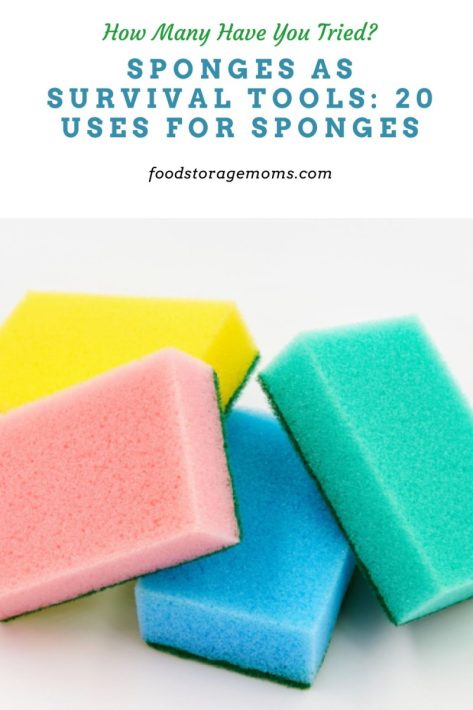
Different Types of Sponges
We often think of sponges only in the context of something we use to clean around the house or as part of the weekend ritual of washing the car. Sponges come in a wide variety of shapes can colors and as we’ll discuss, the different sponges can be applied to many uses.
One of the most common of the different types of sponges is made from cellulose which is found as part of the structural fiber in plant cells. These sponges are “manufactured” from plant fiber, and since cellulose is so abundant, it proves to be much cheaper to produce and for you to buy than natural sponges from the ocean in coral reefs, freshwater, estuaries, and deep-sea locations. They do tend to be slightly more costly than those made of plastic. One wonderful aspect of cellulose sponges is their biodegradable makeup. Unless they’ve been covered with a plastic “scrubber” side, they can go in the recycle bin or your compost pile.
Natural sponges are also biodegradable since they are the true skeletons of the sponge, a small crustaceous animal. These animals have been around for a very long time, actually for millions of years, and provide some real benefits to their surrounding ecosystem. In combination with the various species, they act to improve water quality as they filter the water, collect bacteria, and process nitrogen, organic carbon, and phosphorus in their nutrient cycling process. As “filter feeders” their poop provides food sources for other organisms, thus maintaining the survival of many reef dwellers.
1. Cleaning Tools
Sponges porous exterior makes for great cleaning tools. The pores are made up of the configuration of the sponge’s cells and are great at taking on a large volume of water and soap for the cleaning of dishes, cooking surfaces, and even your body. In a survival situation, keeping clean is critical to avoiding illness and infection. 20 Items For Emergency Cleaning Buckets
2. Fire Starter
Soak a sponge, other than the plastic version, in a flammable liquid such as alcohol or gasoline and light it with a match or lighter. The sponge will burn slowly and steadily, allowing you to start a fire without using up too much fuel. What is the Best Firewood for Home Heating?
Although there are other much more efficient energy sources, sponges can also be used to help maintain the fire in a pinch, if you have a whole bunch available.
3. Wound Dressing
In an emergency situation, medical supplies may be hard to come by. A sponge can be cut to size, soaked in clean water, and used as a makeshift bandage or wound dressing. How to Reduce Sunburn Naturally
You need to make sure the sponge is sanitized beforehand. You can do that by killing any bacteria, viruses, or yeasts that may be in the sponge by using bleach, vinegar, your dishwasher, or a microwave.
4. Insulation
In cold weather, using a sponge to stuff gaps and crevices in your home or shelter can help to keep out drafts and retain heat. Similarly, in hot weather, sponges can be soaked in water and placed around your shelter to help cool the air.
If you’re facing a hot day situation and have access to water, dip a sponge in the water and use it as a “sponge bath” to help stay clean and cool.
5. Weapon
A sponge can be wrapped around a rock or other heavy object and tied in place with string or wire. The sponge will help to cushion the blow and prevent damage to the object you’re using as a weapon. A Prepper’s Not-To-Do List
6. Signaling Device
Tearing a sponge into strips and tying them to trees or other objects can help search and rescue teams locate you. The bright colors that are available in some sponges will stand out against natural surroundings, making it easier to spot from above. Using Headphones for Prepping
7. Seed Starter
Cut a cellulose or natural sponge into small pieces and place them in a container with water and seeds. The sponge will absorb the water and provide a moist environment for the seeds to germinate. Once the seedlings sprout, simply transplant them into the soil. What Vegetable Seeds Do I Plant In March
8. Water Filter
Sponges can be used to filter water by cutting them into small pieces and layering them on top of each other. Pour dirty water through the sponge filter to remove impurities. Is Tap Water Safe to Drink? Note, the sponge will catch some dirt and debris as part of this filtering process, but won’t catch the microbic-sized bacteria and viruses.
9. Food Storage
Sponges can be used to absorb excess moisture in food storage containers, helping to prevent mold and spoilage. Food Storage Containers I Recommend
Put a dry sponge in the storage container for best results.
10. Cooking
In a survival situation, cooking utensils may be hard to come by. A sponge can be cut to size and used as a makeshift pot holder or trivet. The Top Survival Kitchen Cooking Essentials
11 Pest Control
Sponges can be used to trap and kill insects such as flies or mosquitoes. Soak a sponge in a sugar and water solution and place it near where the insects are congregating. The insects will be attracted to the sweet smell of the solution and become trapped in the sponge. Keeping Pests Away from Food Storage
12. Shoe Deodorizer
In a survival situation, keeping your footwear dry and odor-free is important to avoid foot problems. Stuffing sponges in your shoes overnight will help absorb moisture and odors. You may want to try spraying a small amount of essential oils in the sponge to help eliminate the odors.
13. Ice Pack
Injuries can happen in a survival situation. A sponge can be soaked in water, then frozen to create an ice pack to use for pain relief. First Aid Kits-What You Need To Survive
14. Pillow
Sponges can be used as a makeshift pillow in a pinch. Simply stack a few sponges together and cover them with a cloth. Survival Tips that Could Save Your Life
14. Fishing Bait
In a survival situation, finding food can be difficult. A cellulose or natural sponge can be cut into small pieces and used as bait to attract fish. Beginners Guide to Fishing: 6 Amazing Tips and Tricks
16. Door Stopper
Keeping doors open in your shelter can help with airflow and temperature control. A sponge can be cut to size and used as a door stopper to prevent it from closing. The soft texture of the sponge should eliminate possible scratches on the bottom of the door.
17. Padding
Sponges can be used to provide padding on uncomfortable surfaces. For example, if you’re sleeping on the ground, placing a sponge under your sleeping bag can provide some extra cushioning. 13 Tips for Saving Money on Your Electric Bill
18. Massage Tool
In a survival situation, stress levels can run high. A sponge can be used as a massage tool to ease tension in sore muscles. You’d be surprised how many uses for sponges are out there, for things you least expect! Used either hot or cold they may provide the relief you need.
19. Dish Rack
In the absence of a dish rack, sponges can be used to prop up dishes to dry. 45 Uses for Dawn Dish Soap
20. Bird Feeder
Sponges can be hung from a tree and filled with birdseed to attract birds for hunting or just to observe. Types of Birds Safe to Eat in an Emergency
The soft sponges are best so the birds don’t get caught in the fibers of the sponge as they go after the food.
Should I use one type of sponge for all my cleaning needs?
It is suggested that you use a different colored sponge for different uses. Maybe a yellow sponge in the kitchen for dishes, blue for countertops, red for use in the bathroom, etc. This way, you can use different colors, and possibly textures, to handle different jobs based on the demands of the job.
What are silicone sponges?
These sponges are made of rubber and aren’t as porous as cellulose or natural sponges. They have many industrial and home cleaning uses when something with a “tougher” surface is needed. They are usually made with bristles of different lengths so they can more efficiently remove baked-on foods or other debris from pots and pans.
More Survival Uses Tips
- 20 Survival Uses for Rubber Bands
- Uses for Bandaids: Beyond Covering Cuts and Scrapes
- Uses for Artificial Sweeteners Around the House
- Survival Uses for Drinking Straws
- Alternative Uses for a Toothbrush
Final Word
Using what you have when there is a survival situation is hard! Sometimes I just lay there at night thinking about the most basic items and how they can be repurposed for so many other things. If you don’t have any sponges on hand, hopefully, you will grab some the next time you’re at the store! There are tons of uses for sponges, so make sure you have them on hand! I hope these tips help you in your prepping journey. May God Bless this World, Linda
Copyright Images: Sponges Colorful Washing Kitchen Ones Depositphotos_176010634_S, Sponges Multi Colored Ones Depositphotos_381590508_S

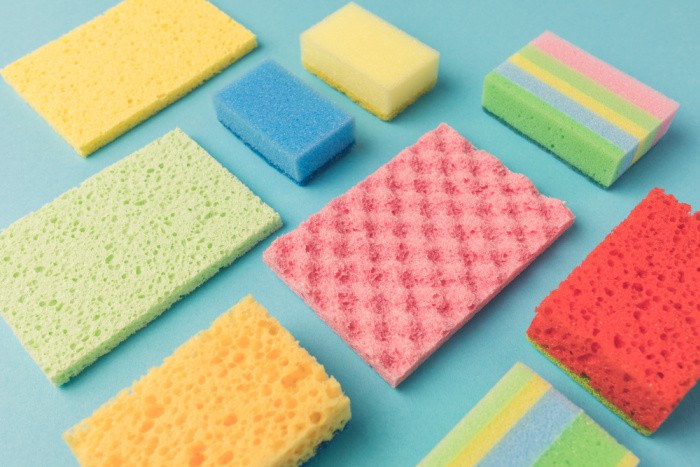


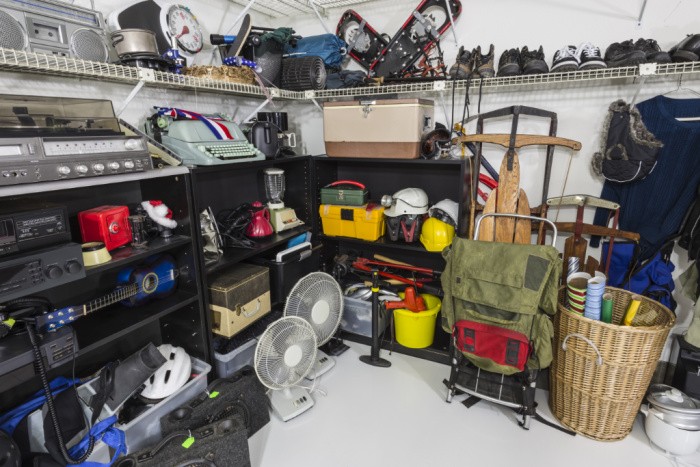
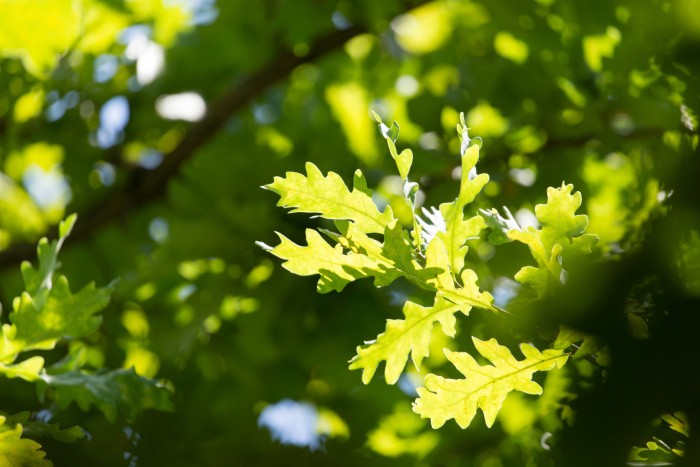
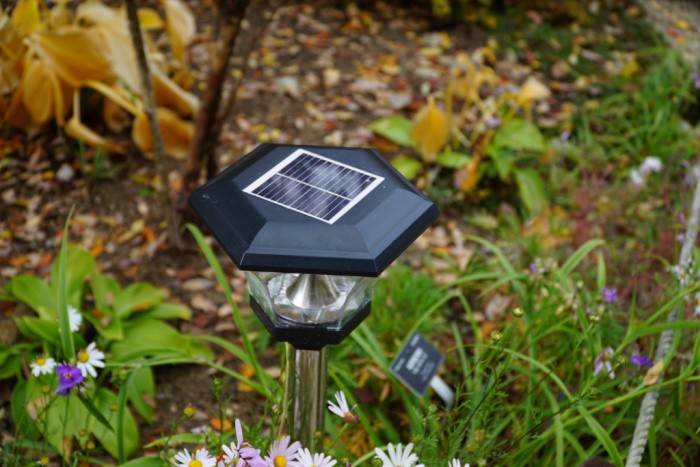
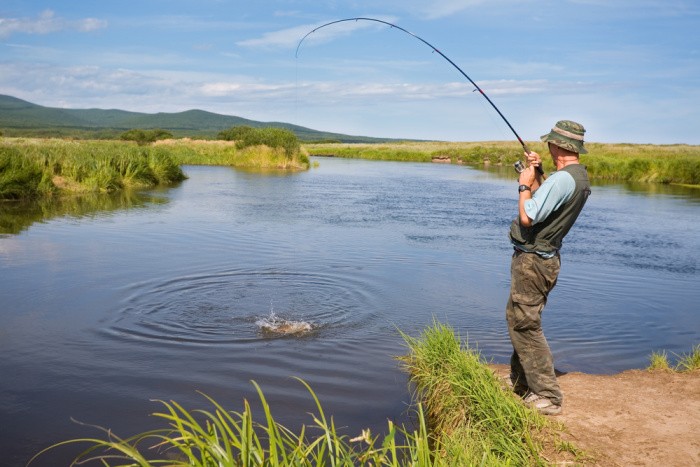
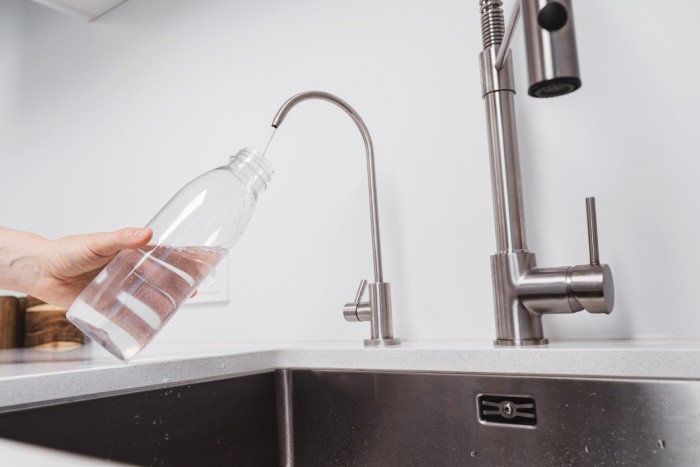


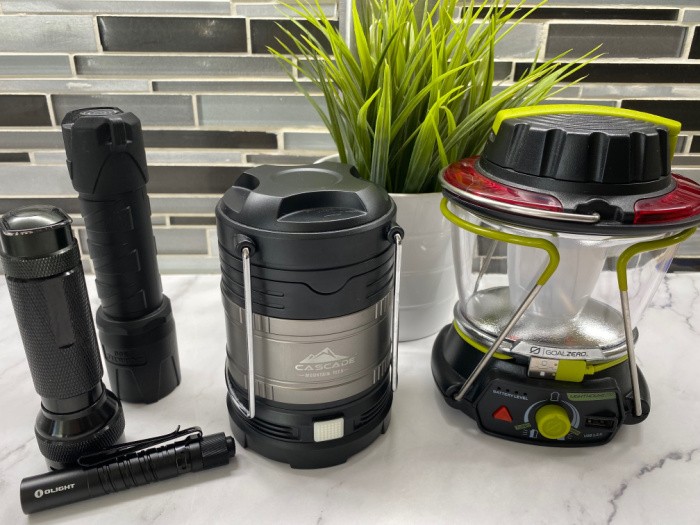
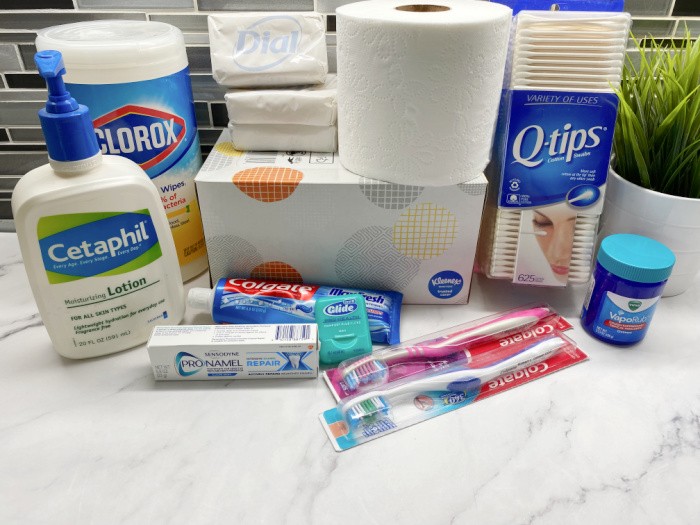
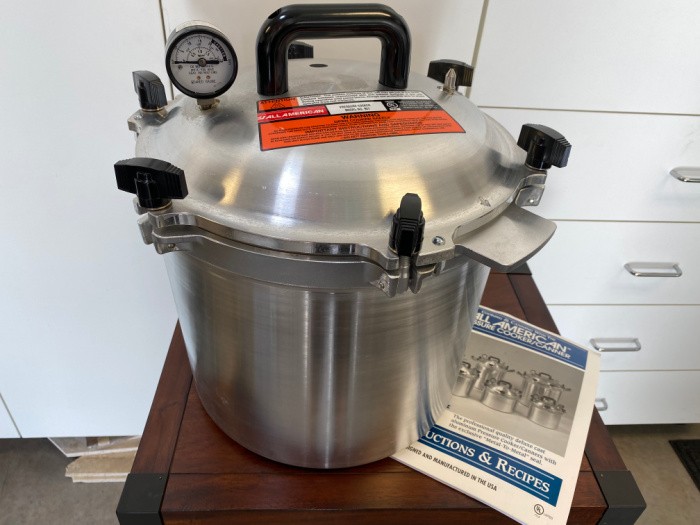
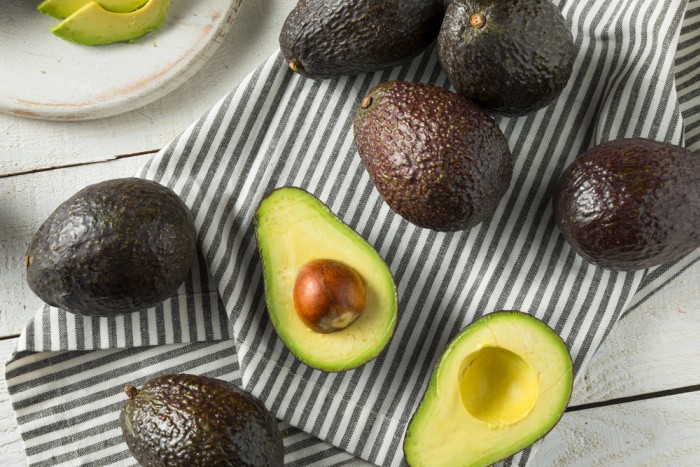


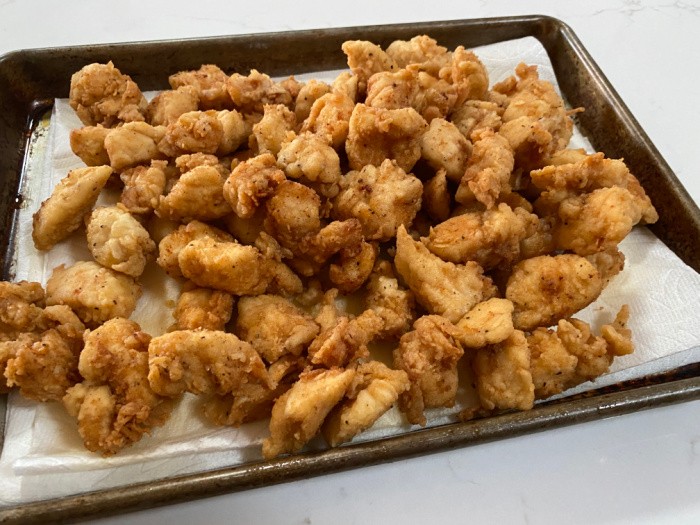
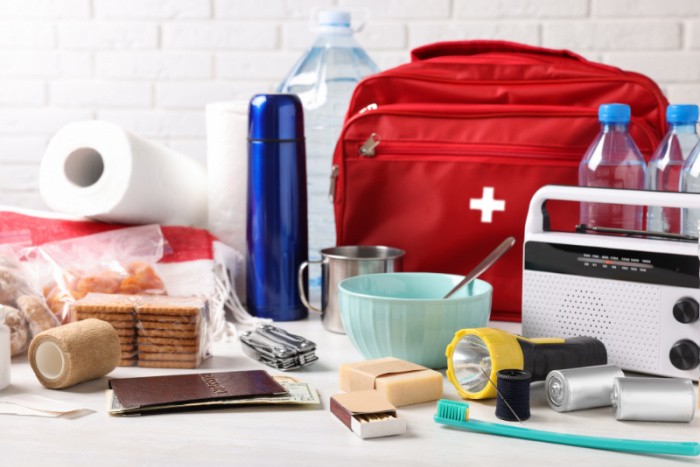

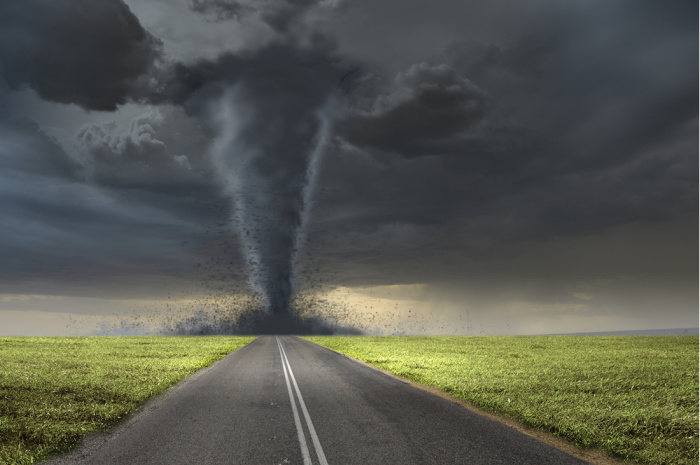


I’ve used them as an emergency air filter for mowers till I could get the right part. Something to keep in mind should say you find filters short for vehicles after a volcanic eruption. I remember Mt St Hellens and everyone having to clean or replace often even as far as Oklahoma
Hi Matt, oh my gosh, I remember Mt St Helens we had dust (smoke flakes or whatever) for well over a year. I forgot about that! Great tip on the mower! Linda
We used to keep one of the sqashed flat sponges in emergency kits(once you get them wet they puff up and will not fit back in) to soak up water from dew on grass or plants to purify and keep hydrated with. Now I am thinking a piece of the spongy towels might work for that. Thanks for the reminder!
Hi Jan, it’s nice that we can all help each other with reminders, right? I need reminders as well! Linda
in regard to using pieces of sponge for fishing – soaking them in a strong liquid fish lure are a definite advantage for bullhead and catfish – hook them into the line and saturate the hook area(s) in stink …..
Hi Illini, thank you, why didn’t I think of this??? I love it! Linda
Great post. I’ve used them as filters and for cleaning but I hadn’t really thought of the other uses. Cool.
HI Ray, thank you my friend, Linda